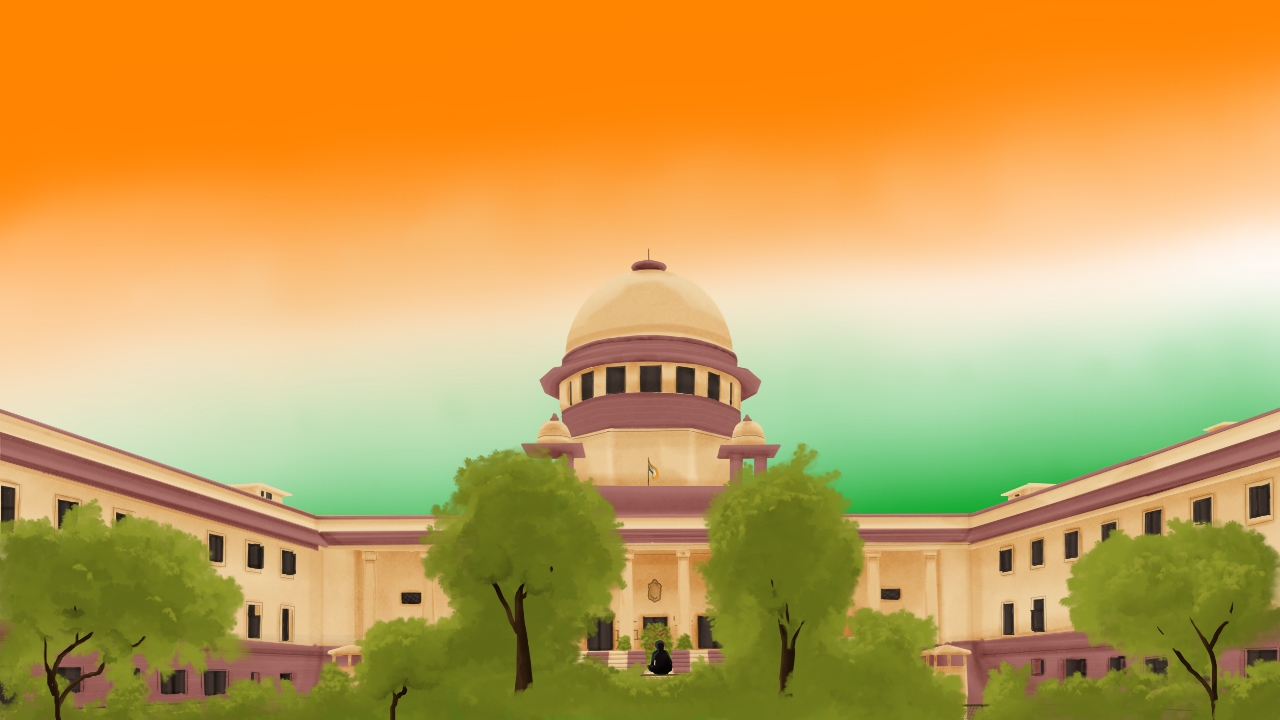Top Court holds Assam Rural Health Regulatory Authority Act, 2004 to be null and void

In the impugned judgment, which has been upheld by the Top Court, the Gauhati High Court had held that the State had no legislative competence to enact the Assam Act in view of Article 254 of the Constitution on the premise that the IMC Act and the Rules and Regulations made thereunder were holding the field.
The Supreme Court on Tuesday upheld the Gauhati High Court's decision striking down the Assam Rural Health Regulatory Authority Act, 2004 which was enacted by the Assam State Legislature.
The said Act was enacted to provide for the establishment of a regulatory authority in the State of Assam to register the Diploma holders in Medicine and Rural Health Care (“DMRHC”), to regulate their practice in medicine in rural areas and to regulate the opening of medical institutions to impart education and training for the course of Diploma in Medicine and Rural Health Care.
"...in view of the Indian Medical Council Act, 1956 and the Rules and Regulations made thereunder, the Assam Act, namely, the Assam Rural Health Regulatory Authority Act, 2004, is declared to be null and void, in view of the Assam Legislature not having the legislative competence to enact the said Law...", a bench of Justices BR Gavai and BV Nagarathna held.
Court further ruled that prescription of minimum standards for higher education, authority to recognize or de-recognize an institution etc. are areas over which exclusive legislative competence to make law lies with the parliament under Entry 66 List 1 of the Constitution, and not the State legislature.
Also, the division bench noted that the State legislature, under Entry 25 of List 3 of the Constitution possesses legislative competence to legislate with respect to all other aspects of education except the determination of minimum standards and coordination.
It was further found that a subsequent legislation, namely, the Assam Act of 2015 i.e., the Assam Community Professionals (Registration and Competency) Act, 2015, was enacted pursuant to the impugned judgment of the Gauhati High Court, which was held to be a valid piece of Legislation as it removed the basis of the impugned judgment passed by the Gauhati High Court.
"The 2015 Act is also not in conflict with the IMC Act, 1956. This is because the Central Act namely, IMC, Act, 1956 does not deal with Community Health Professionals who would practise as allopathic practitioners in the manner as they were permitted to practise under the Assam Act, in rural areas of the State of Assam. Hence, by a separate legislation the Community Health Professionals have been permitted to practise as such professionals. The said legislation of 2015 is not in conflict with IMC, Act, 1956 and the rules and regulations made thereunder. Hence, the Act of 2015 is not hit by Entry 66 of List I of the Constitution and is within the legislative competence of the State 139 Legislature under the Seventh Schedule of the Constitution....", the bench further observed.
Case Title: BAHARUL ISLAM & ORS. vs. THE INDIAN MEDICAL ASSOCIATION AND ORS.
